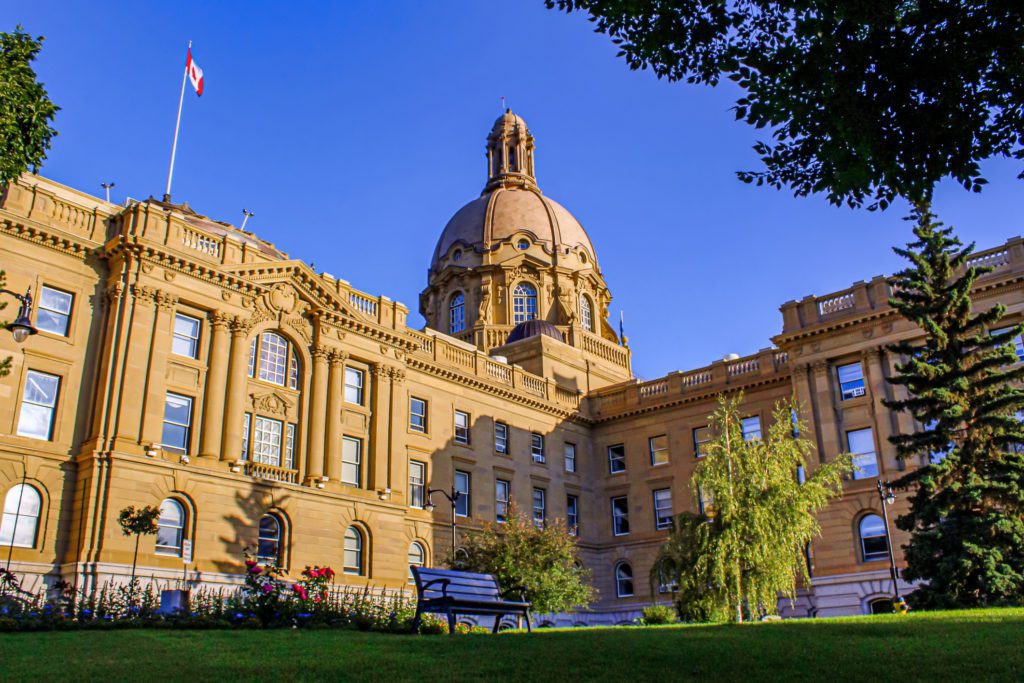Statement by Aliénor Rougeot, Climate and Energy Program Manager
Toronto | Traditional territories of the Mississaugas of the Credit, the Anishinaabeg, the Haudenosaunee, and the Wendat – We’re pleased that Canada is embracing the opportunities of a low-carbon future by passing the Sustainable Jobs Act, Bill C-50. Thanks to this bill, workers and communities impacted by the energy transition will be given the tools they need to succeed in the green economy.
The world is moving away from fossil fuels, towards clean energy, which gives Canada a unique chance to be a leader in innovation, sustainability and community well-being. Yet, previous unmanaged economic transitions have shown us how being unprepared can instead lead to painful job losses and income disruptions.
By adopting the Sustainable Jobs Act, the federal government is showcasing leadership by ensuring we have a prepared workforce and resilient communities that can embrace the economic shift.
The strength of this legislation is that it connects impacted groups with decision-makers, ensuring policies reflect the needs of workers, Indigenous communities, and businesses. It also legally ties Canada’s climate strategy to its workforce and economic development plans to ensure that Canada’s assets are used effectively to achieve our climate goals.
Importantly, the Sustainable Jobs Act gives stakeholders more power to keep the government accountable to its commitments to impacted workers and communities. For example, it sets clear rules for what should be in the five-year action plans, requires regular reporting, and outlines mechanisms for course correction when necessary.
We urge the government to get to work right away by setting up the Secretariat and Council over the summer. The commitments made through this legislation will then need to be reflected in the next federal budget, through well-funded support programs and investments to stimulate job creation in sustainable sectors.
Finally, the Sustainable Jobs Act can not become another avenue for fossil fuel greenwashing. Sustainable jobs are not found in false solutions like LNG, carbon capture, and hydrogen, which have an uncertain economic future and will not help Canada meet its climate goals. The fossil fuels companies that caused the crisis should not be on the Partnership Council where they will only continue using their distract and delay tactics to stall progress.
Background:
- Bill C-50, the Sustainable Jobs Act, was tabled in the House of Commons in June 2023. The bill legally commits the federal government to developing action plans every five years to accelerate the creation of good jobs in sustainable sectors and equip workers with the skills, income support and information they need to access these jobs. Countries leading the transition to a green economy have similar legislation in place.
- Environmental and labour experts worked with the members of the Natural Resources House committee to amend the legislation to improve requirements on transparency, and accountability, and to make more explicit the ties between this legislation and Canada’s climate goals. As a result, the bill includes robust reporting requirements, an advisory committee with a fair representation of impacted groups, and legal alignment with Canada’s climate goals.
- The legislation faced significant challenges in the House of Commons as Members from the official opposition proposed over 22,000 amendments. In December 2023, the government used a motion to force the committee to make a decision on the bill and send it back to the House for Report Stage and Third Reading.
- Following a study in two separate Senate committees, the Bill passed Third Reading and was therefore adopted by the Senate today without further amendments. It will now receive Royal Assent to become law.
ABOUT ENVIRONMENTAL DEFENCE (environmentaldefence.ca): Environmental Defence is a leading Canadian environmental advocacy organization that works with government, industry and individuals to defend clean water, a safe climate and healthy communities.
– 30 –
For more information or to request an interview, please contact:
Alex Ross, Environmental Defence, media@environmentaldefence.ca





